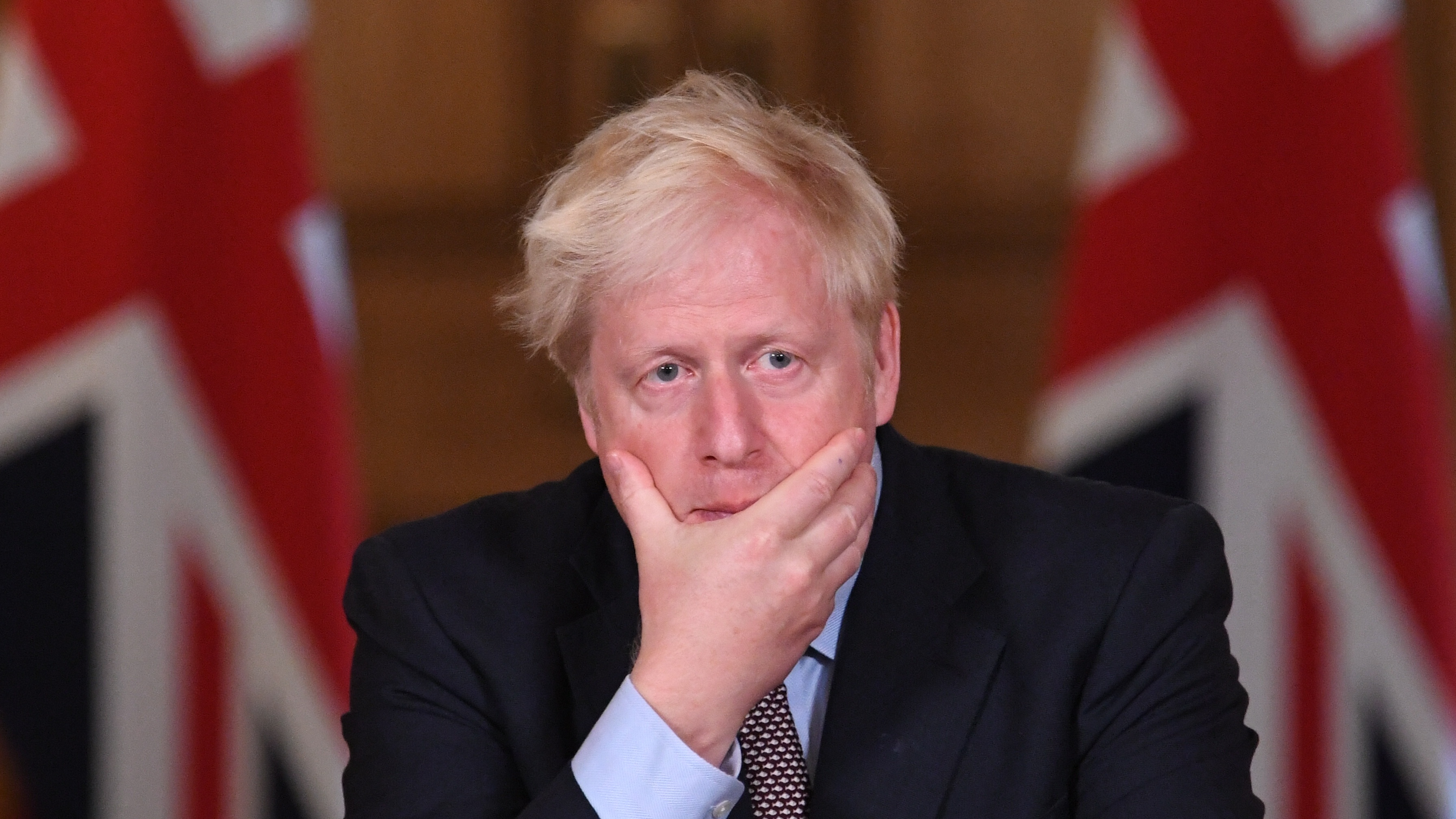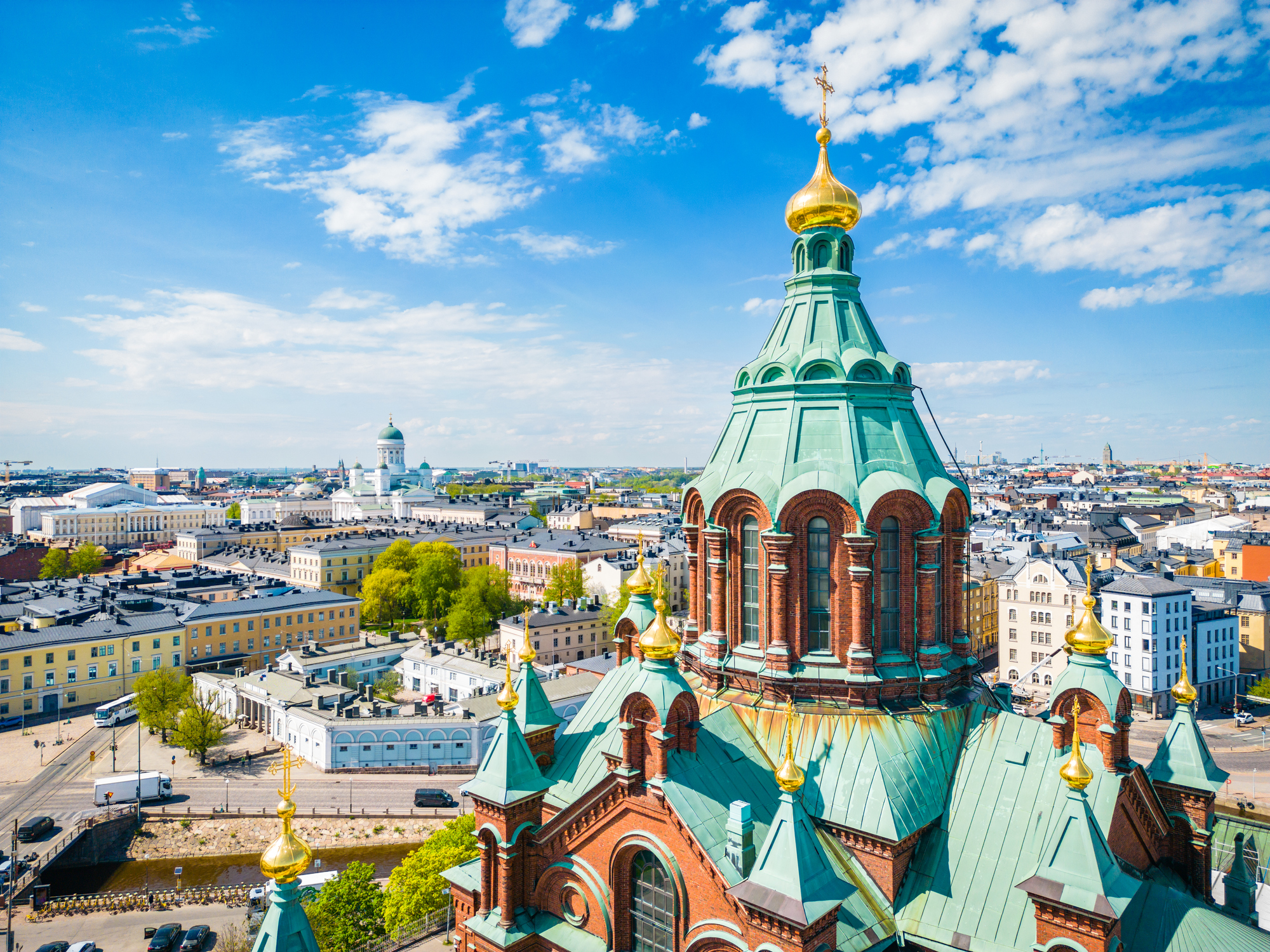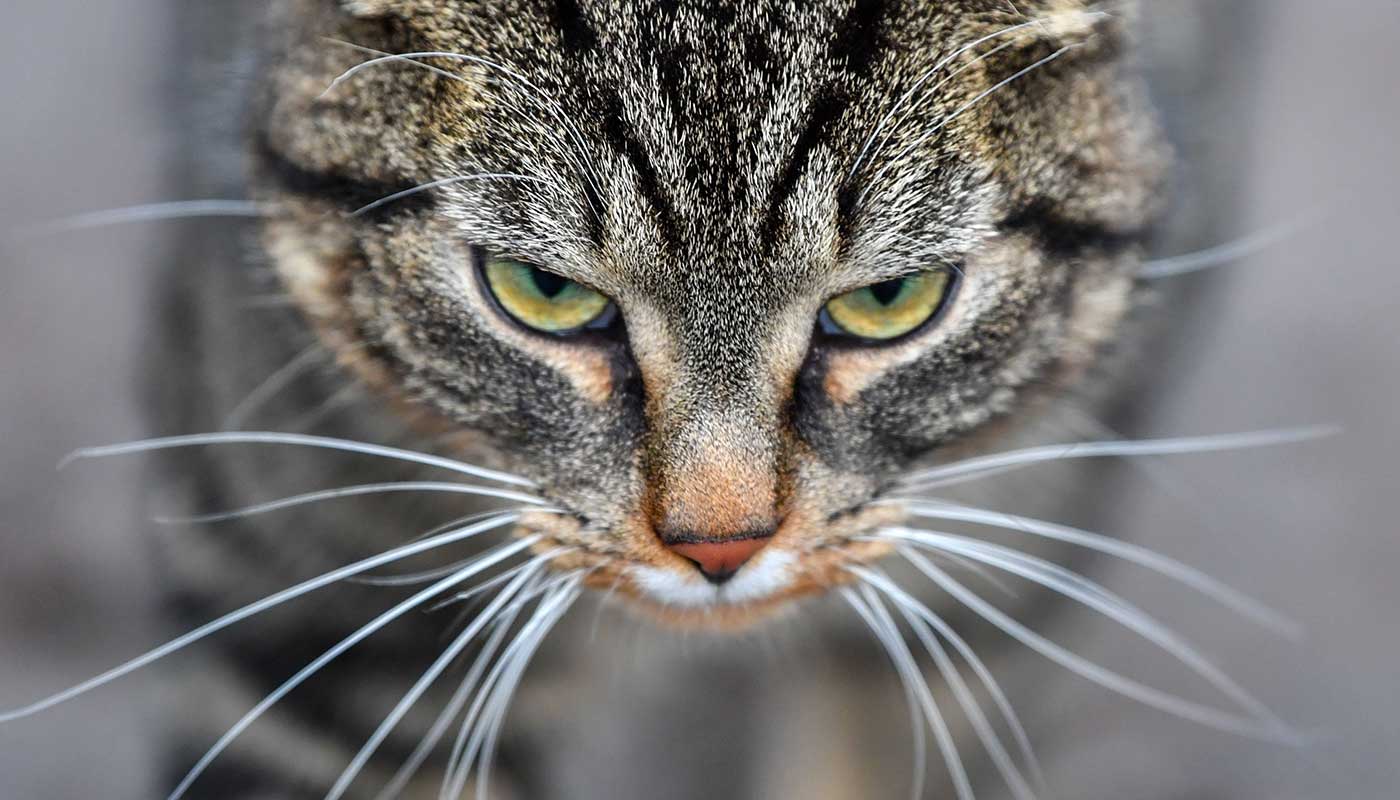‘How does accountability – without which there is no functioning democracy – survive?’
Your digest of analysis and commentary from the British and international press

- 1. If the UK government isn’t held to account for its Covid failures, our democracy may never recover
- 2. It’s time to let us hug who we want whenever we damn well please
- 3. I’m loath to admit it, but part of me is frightened of leaving lockdown
- 4. Disabled are the forgotten victims of Covid
- 5. What I learned about Islamic State applies to QAnon too
A free daily email with the biggest news stories of the day – and the best features from TheWeek.com
You are now subscribed
Your newsletter sign-up was successful
1. If the UK government isn’t held to account for its Covid failures, our democracy may never recover
Owen Jones in The Guardian
on political accountability
“A government that is able to get away with the avoidable deaths of tens of thousands of its own citizens can get away with anything”, says Owen Jones in The Guardian. If the government is not taken to task for its Covid track record, “how does accountability – without which there is no functioning democracy – survive?”, he asks. “What possible scandal will ever be grave enough to warrant far-reaching political consequences?” He adds that “nearly one in every 500 of us died in this pandemic” and although “in the years to come, our economy will recover, it is an open question whether our democracy will”.
The Week
Escape your echo chamber. Get the facts behind the news, plus analysis from multiple perspectives.

Sign up for The Week's Free Newsletters
From our morning news briefing to a weekly Good News Newsletter, get the best of The Week delivered directly to your inbox.
From our morning news briefing to a weekly Good News Newsletter, get the best of The Week delivered directly to your inbox.
2. It’s time to let us hug who we want whenever we damn well please
Allison Pearson in The Daily Telegraph
on timetabling affection
Noting that Matt Hancock has said that hugging loved ones will be “allowed from mid-May at the earliest”, Allison Pearson hopes “that one day, in the not too distant future, we will look back at the official timetabling of human affection with the outraged contempt it deserves”. Writing in The Telegraph, she adds “we are exhausted, we’re depressed, our hair is terrible and we’re really worried about our children”. “Once we are vaccinated, all of the vulnerable are vaccinated and the virus is as much of a threat as any other, well, that will be enough. We will hug (yes, even before mid-May at the earliest) whom we damn well please.”
A free daily email with the biggest news stories of the day – and the best features from TheWeek.com
3. I’m loath to admit it, but part of me is frightened of leaving lockdown
Simon Kelner in The i
on home comforts
“I can’t be the only person in England who’s pleased that Boris Johnson has opted for a cautious approach towards ending lockdown,” writes Simon Kelner for The i. “There is a peculiar comfort in having no freedom of choice. A routine, however boring, has a reassuring quality, and soon we are going to have to grapple with a whole world of possibilities in both a social and professional context.” He predicts that after lockdown, “the strangeness of isolation will, for a while, be replaced by the unfamiliarity of life without frontiers”.
4. Disabled are the forgotten victims of Covid
Alice Thomson in The Times
on forgotten victims
Amid the optimism over Boris Johnson’s roadmap, the disabled have been “stuck in a muddy rut and left behind as everyone else rushes past”, Alice Thomson writes in The Times. “Many people with mental and physical disabilities have been shielding since last March, enjoying little daylight or fresh air even when the rest of us rushed to the beaches in the summer,” she adds. “A new, smoother roadmap for the disabled should be just as important as the rest of the country’s plans for the return of schools and summer holidays.”
5. What I learned about Islamic State applies to QAnon too
Brent Giannotta in the Los Angeles Times
on connected conspiracies
“While Islamic State (Isis) ideology is not widely considered a conspiracy theory, the group’s main objective – to militarily destroy the West – is as unlikely to come to pass as Hillary Clinton secretly eating children”, says Brent Giannotta in the Los Angeles Times. Drawing comparisons between Isis and QAnon, he says that “making the jump from religious devotion to conspiracy theories requires an animating emotion, namely anger.” Just as Islamic State was “diminished by intense military pressure and a loss of media prowess”, now is the moment for “social media bans and law enforcement pressure” to call time on QAnon.
-
 Is Andrew’s arrest the end for the monarchy?
Is Andrew’s arrest the end for the monarchy?Today's Big Question The King has distanced the Royal Family from his disgraced brother but a ‘fit of revolutionary disgust’ could still wipe them out
-
 Quiz of The Week: 14 – 20 February
Quiz of The Week: 14 – 20 FebruaryQuiz Have you been paying attention to The Week’s news?
-
 The Week Unwrapped: Do the Freemasons have too much sway in the police force?
The Week Unwrapped: Do the Freemasons have too much sway in the police force?Podcast Plus, what does the growing popularity of prediction markets mean for the future? And why are UK film and TV workers struggling?
-
 Triangle-headed aliens touched Goldie Hawn
Triangle-headed aliens touched Goldie HawnTall Tales And other stories from the stranger side of life
-
 ‘Irony’ as Zoom calls staff back to office
‘Irony’ as Zoom calls staff back to officefeature And other stories from the stranger side of life
-
 The U.S. veterinarian shortage crisis
The U.S. veterinarian shortage crisisSpeed Read With an anticipated shortage of 15,000 vets by 2030, it will be harder to get care for pets
-
 Boris Johnson shocks UK by resigning from Parliament
Boris Johnson shocks UK by resigning from ParliamentSpeed Read
-
 Company teaches mask-wearers to smile again
Company teaches mask-wearers to smile againfeature And other stories from the stranger side of life
-
 Bees delay flight for three hours
Bees delay flight for three hoursfeature And other stories from the stranger side of life
-
 Global happiness has been 'remarkably resilient' over the past three years
Global happiness has been 'remarkably resilient' over the past three yearsfeature
-
 Ministers considered killing all cats during pandemic
Ministers considered killing all cats during pandemicfeature And other stories from the stranger side of life